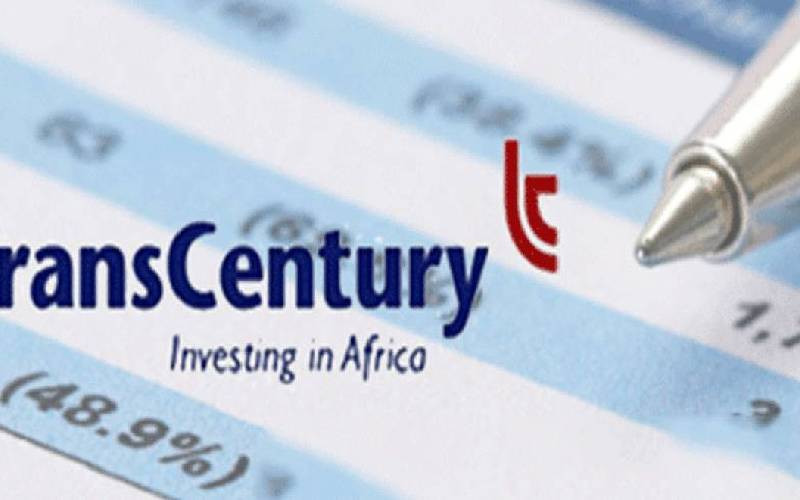Banking executives have scoffed at the amount of loans lent to directors of Chase Bank, the lender that collapsed last week.
Top managers of four of the biggest local banks including KCB, Equity, Barclays and NIC called for tougher laws to criminalise what they described as dangerous practices that have shaken the otherwise relatively stable banking industry.
James Mwangi, the Managing Director of Equity Bank Group, warned that shareholders were putting depositors’ money at risk through lack of transparency on insider loans.
“We do not lend at all to the senior directors or even myself. Insider borrowing, if not transparent, will see depositors’ money siphoned away by shareholders,” Mwangi said on a television talk show aired by Citizen TV on Wednesday evening. The collapse of Chase Bank on Thursday last week has sent shock waves in the banking sector, with customers of smaller banks moving their deposits to the more established rivals, broadly known as flight-to-size.
Other executives on the show were KCB’s Joshua Oigara, also the chairman of the bankers’ lobby, Jeremy Awori of Barclays Bank of Kenya and the chief executive of NIC Bank John Gachara. Awori said Chase Bank was exposed to illegal levels of insider borrowing that should have been checked.
“Insider borrowing in Chase Bank stood at Sh16.8 billion on a Sh90 billion balance sheet. This should have raised alarm from the start. If you ask me, insider borrowing is one thing that should be highly censored,” the Barclays CEO said. The executives said they were keen to work with the Central Bank of Kenya (CBK) to build a fund that will see Chase bank depositors get their money back.
“As chairman of the Kenya Association of Bankers, I deem it prudent that financial institutions work closely with CBK to find a solution for Chase Bank depositors,” Mr Oigara said, echoing similar sentiments from his co-panellists.
They were in agreement that the big banks should join hands with CBK to ensure Chase Bank depositors are refunded. Among the other proposals on the table were that inter-bank lending, which is peer-to-peer short-term loans, should be strengthened in order to caution smaller banks like Chase bank against financial stress. Addressing the issue of non-performing loans, the CEOs agreed that it was a menace that was growing by leaps each year. Gachara said the problem comes during financial crunches when the Government delays payments to employees.
“When workers who are paying loans have their salaries delayed, this reflects on our balance sheet,” Gachara said.
His main fear was that the Government was not settling payments for supplies fast enough, and that was impacting on the capacity of small businesses to repay their loans on time.
“Previously, it would take only 30 days to make their payments to us. Now they take as much as 90 days. The regulator requires us to post these as non-performing loans even as banks work with the customers to recover them,” the NIC boss added, citing that such loans were secured.
 The Standard Group Plc is a
multi-media organization with investments in media platforms spanning newspaper
print operations, television, radio broadcasting, digital and online services. The
Standard Group is recognized as a leading multi-media house in Kenya with a key
influence in matters of national and international interest.
The Standard Group Plc is a
multi-media organization with investments in media platforms spanning newspaper
print operations, television, radio broadcasting, digital and online services. The
Standard Group is recognized as a leading multi-media house in Kenya with a key
influence in matters of national and international interest.
 The Standard Group Plc is a
multi-media organization with investments in media platforms spanning newspaper
print operations, television, radio broadcasting, digital and online services. The
Standard Group is recognized as a leading multi-media house in Kenya with a key
influence in matters of national and international interest.
The Standard Group Plc is a
multi-media organization with investments in media platforms spanning newspaper
print operations, television, radio broadcasting, digital and online services. The
Standard Group is recognized as a leading multi-media house in Kenya with a key
influence in matters of national and international interest.







